What are the benefits of diesel generators in transportation hubs?
Transport hubs are the most important parts of modern cities. They connect people and objects across vast distances. These busy venues require a continuous, reliable supply of electricity to work efficiently. 3 phase diesel generators are particularly crucial for keeping transport hubs working, even when there is a power outage or an emergency. These robust power solutions offer a variety of benefits, such as being cheaper, not needing to be turned off, and using newer, greener technology.
Diesel generators serve as a backup power supply for shipping ports, bus terminals, train stations, and airports. When the main power goes out, they can switch on right away to keep vital systems like lights, security, and communication networks running. This degree of reliability is needed to keep people safe, reduce delays, and maintain travel schedules as routine as possible.
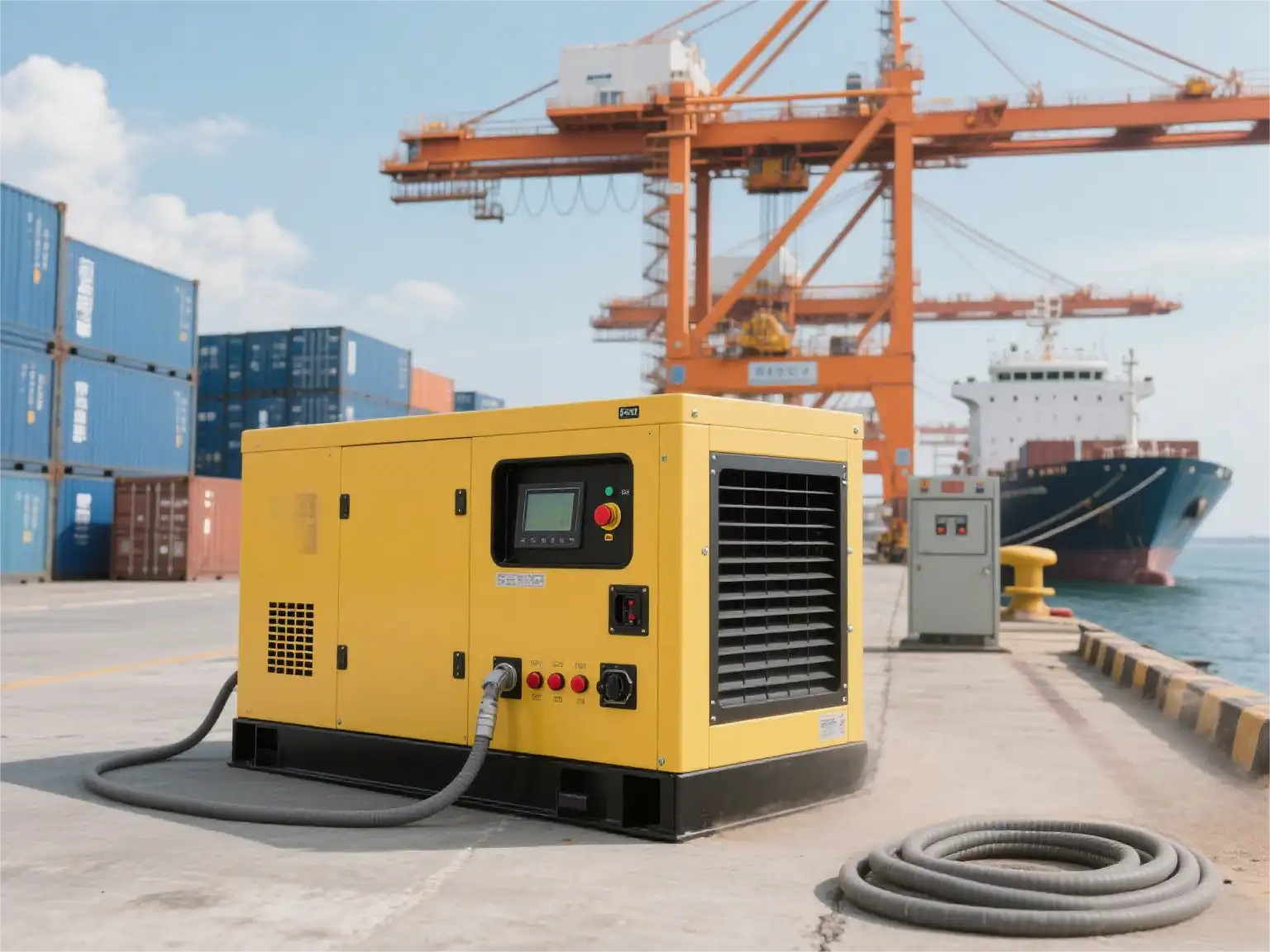
Ensuring uninterrupted operations during outages
One of the primary advantages of diesel generators in transportation hubs is their ability to provide continuous power during grid failures. This constant functioning is crucial for keeping passengers secure, comfortable, and efficient.
Rapid response and load acceptance
Diesel generators are known for their quick start-up times and ability to accept full loads rapidly. In a transportation hub, where every second counts, this means minimal downtime between a power failure and the restoration of critical systems. These generators can power anything from baggage handling equipment to air traffic control in only a few seconds, making sure that everything runs properly.
Reliability in diverse conditions
Transportation hubs often operate in challenging environments, from scorching heat to freezing cold. 3 phase diesel generators are designed to perform reliably across a wide range of temperatures and weather conditions. This resilience is particularly important for facilities like airports, where power failures could lead to dangerous situations during takeoffs and landings.
Scalability for varying power needs
Different areas within a transportation hub have varying power requirements. Diesel generators offer the flexibility to scale power output based on specific needs. For instance, a small generator might suffice for powering ticketing systems, while larger units can handle energy-intensive operations like cargo handling or climate control in large terminals.
Cost-effectiveness vs. alternative power solutions
When it comes to backup power for transportation hubs, diesel generators often prove to be the most cost-effective solution compared to alternatives like solar or wind power.
Lower initial investment
While renewable energy sources are gaining popularity, the initial cost of installing large-scale solar arrays or wind turbines capable of powering a transportation hub can be prohibitively expensive. Diesel generators, on the other hand, are a better choice for facility managers who are on a tight budget since they cost less to buy up front.
Fuel efficiency and long-term savings
Modern 3 phase diesel generators are engineered for optimal fuel efficiency. This means that the expenses of running the generator will decrease over time, particularly when compared to older models or less efficient power sources. The ability to run these generators only when needed further contributes to cost savings, as opposed to always-on renewable systems that may produce excess power during low-demand periods.
Minimal space requirements
Space is often at a premium in transportation hubs, where every square foot counts. Diesel generators have a relatively small footprint compared to large-scale renewable energy installations. This compact size allows for flexible placement options, whether in dedicated power rooms or outdoor enclosures, without sacrificing valuable operational space.
Reduced maintenance costs
Diesel engines are known for their durability and longevity. With proper maintenance, a high-quality diesel generator can operate reliably for decades. This long lifespan, coupled with the widely available expertise for diesel engine maintenance, often results in lower long-term maintenance expenses compared to more complex or newer technologies.
Jlmech, a leading manufacturer of diesel generators, offers a range of solutions tailored for transportation hubs. Their generator 3 phase diesel units are designed with reliability and efficiency in mind, providing outputs from 20 to 3000 kW to meet diverse power needs. With advanced voltage regulation and noise reduction technology, Jlmech's generators ensure a stable power supply while minimising disruptions to passengers and nearby communities.
Environmental considerations: Modern diesel technology
While diesel engines have historically been associated with high emissions, modern diesel generator technology has made significant strides in reducing environmental impact.
Improved fuel efficiency
Today's diesel generators are far more fuel-efficient than their predecessors. Not only does this higher efficiency minimise running expenses, but it also lowers the amount of emissions produced for every unit of electricity supplied. Advanced engine designs and electronic fuel injection systems improve combustion, getting more energy out of each litre of gasoline consumed.
Emissions reduction technologies
Modern 3 phase diesel generator incorporate various emissions control technologies to meet stringent environmental regulations. These may include:
- Selective Catalytic Reduction (SCR) systems that significantly reduce nitrogen oxide emissions
- Diesel Particulate Filters (DPF) that capture and eliminate particulate matter
- Advanced exhaust gas recirculation (EGR) systems that lower combustion temperatures and reduce emissions
These technologies ensure that diesel generators can operate within transportation hubs while minimizing their environmental footprint.
Compatibility with biodiesel
Many modern diesel generators are compatible with biodiesel blends, offering a renewable fuel option that can further reduce carbon emissions. This flexibility lets transport hubs move towards more sustainable operations without having to make big adjustments to their infrastructure.
Noise reduction advancements
Transportation hubs, particularly those near homes, have a lot of noise pollution. Modern diesel generators have better muffler designs, vibration isolation systems, and sound-dampening enclosures, among other things, that make them quieter. These new features let generators run at significantly lower noise levels, usually below 75 dB(A) at 7 meters, so they don't bother passengers or those living nearby.
Jlmech's commitment to environmental responsibility is evident in their latest generation of diesel generators. Their units comply with stringent emissions standards, including EU Stage V and EPA Tier 4 Final regulations. By incorporating state-of-the-art emissions control technologies and optimizing fuel efficiency, Jlmech ensures that their generators meet the power needs of transportation hubs while minimizing environmental impact.
Jlmech's 3 phase diesel power generator range offers impressive specifications tailored for transportation hub applications:
- AC Output: 20-3000KW
- Rated AC Voltage: 110V/220V/380V
- Frequency: 50HZ/60HZ
- Engine Speed: 1500-3000 R.P.M
- Type: Silent/Open Frame options available
- Cooling Method: Water Cooling for optimal performance
- Customization: OEM/ODM services to meet specific requirements
- Certificates: CE/Euro 5/EPA/CARB compliant
These generators are engineered to handle the demanding environments of transportation hubs, with advanced voltage regulation ensuring stable power supply and noise-reduction technology keeping sound levels between 65-75 dB. The range of power outputs from 50kVA to 2000kVA allows for precise matching to facility needs, while optional weatherproof or silent canopies provide additional flexibility for installation locations.
Conclusion
Diesel generators, including 3 phase diesel generators, are still highly crucial for making sure that transport hubs all around the world run well. They are an essential aspect of modern infrastructure since they can transmit power without stopping, are cheaper, and are better for the environment. As technology becomes better, we may expect these critical power solutions to operate better and make less pollution.
Jlmech offers a variety of diesel generators tailored to meet the demands of the transportation sector. People that manage transport hubs should think about getting these generators since they are dependable, work well, and are excellent for the environment. With operations in over ten nations worldwide, Jlmech has over 29 years of experience in the power solutions industry. They combine new ideas with things that work.
Jlmech's diesel generators provide you the electricity you need to keep things operating smoothly at an airport, seaport, or train station. Our generators meet the highest standards for performance, efficiency, and environmental compliance.
Please email our professional team at skala@whjlmech.com to find out more about how Jlmech's diesel generator solutions may help your transportation hub or to talk about your unique power demands. Our experts are ready to provide personalised guidance and solutions so that your facility never skips a beat.
References
1. International Energy Agency. (2021). "Diesel Generators in Transportation Infrastructure: A Global Perspective."
2. Smith, J. et al. (2022). "Advancements in Diesel Generator Technology for Sustainable Transportation Hubs." Journal of Power Engineering, 45(3), 278-295.
3. Transportation Research Board. (2023). "Backup Power Solutions for Critical Infrastructure: A Comparative Analysis."
4. Environmental Protection Agency. (2022). "Emissions Standards for Stationary Diesel Engines in Non-Road Applications."
5. World Airport Association. (2023). "Power Resilience in Aviation: Best Practices and Case Studies."
6. Green, T. & Johnson, L. (2021). "Cost-Benefit Analysis of Power Solutions in Modern Transportation Networks." Energy Economics Review, 18(2), 112-130.
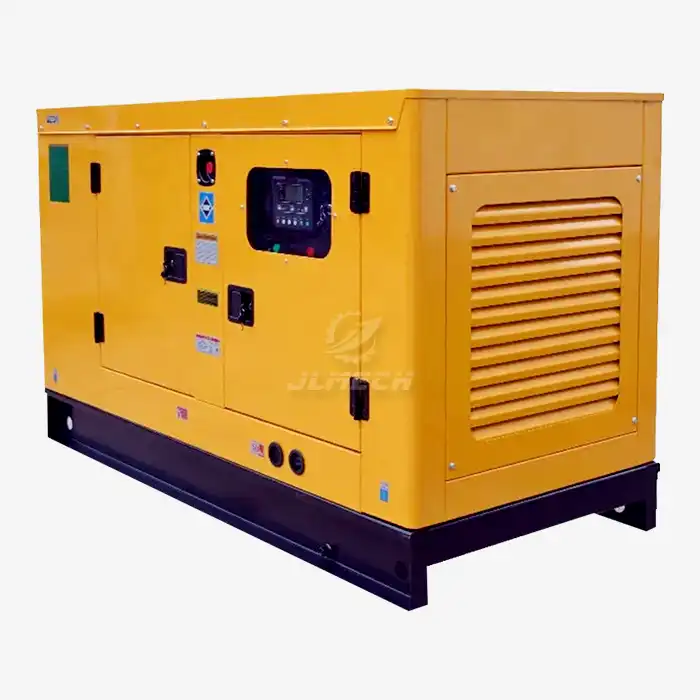 VIEW MOREAgricultural generator
VIEW MOREAgricultural generator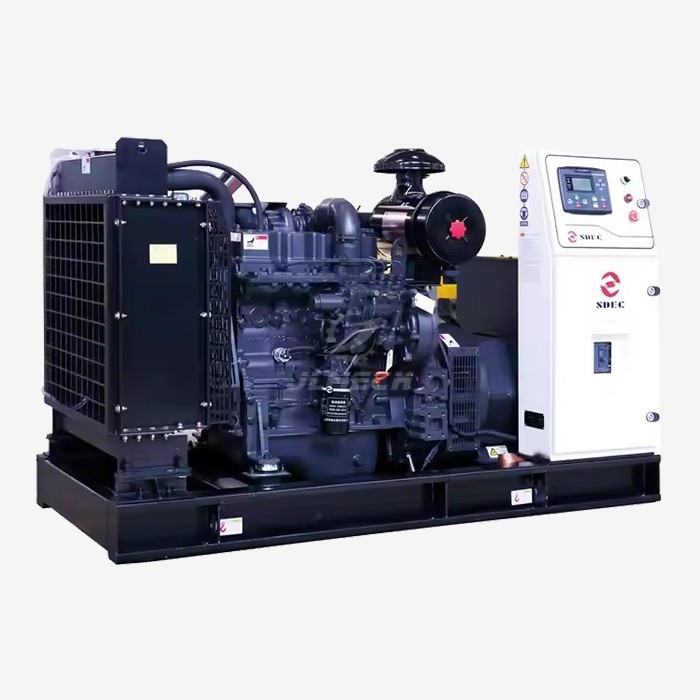 VIEW MOREgenerator 100kw diesel
VIEW MOREgenerator 100kw diesel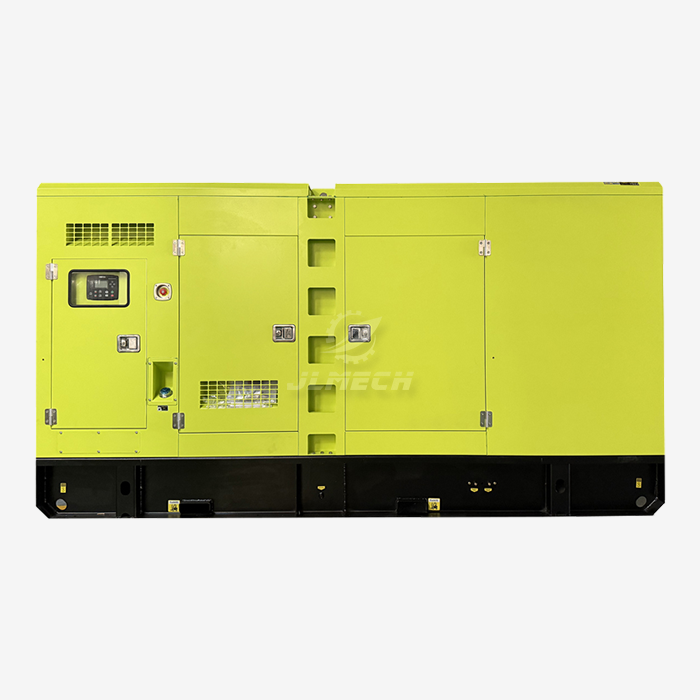 VIEW MORECustomized 100KW diesel generator
VIEW MORECustomized 100KW diesel generator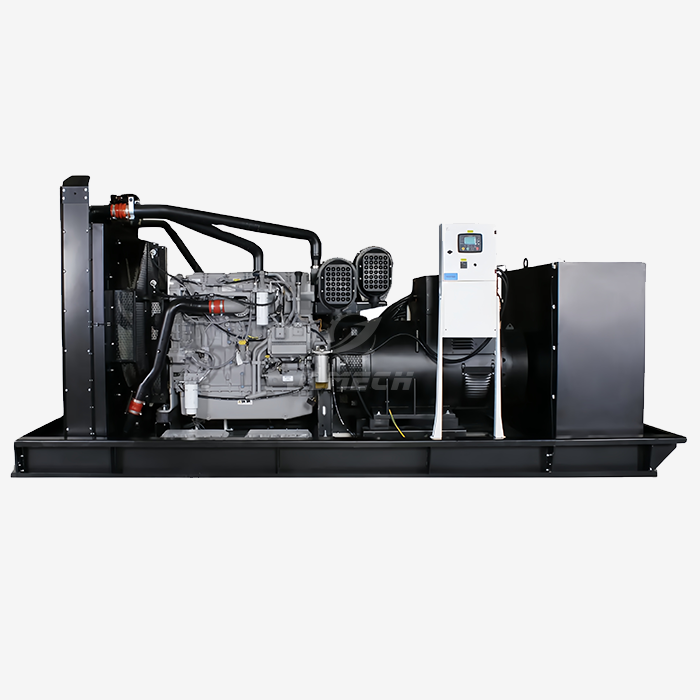 VIEW MOREgenerator mitsubishi 800kva
VIEW MOREgenerator mitsubishi 800kva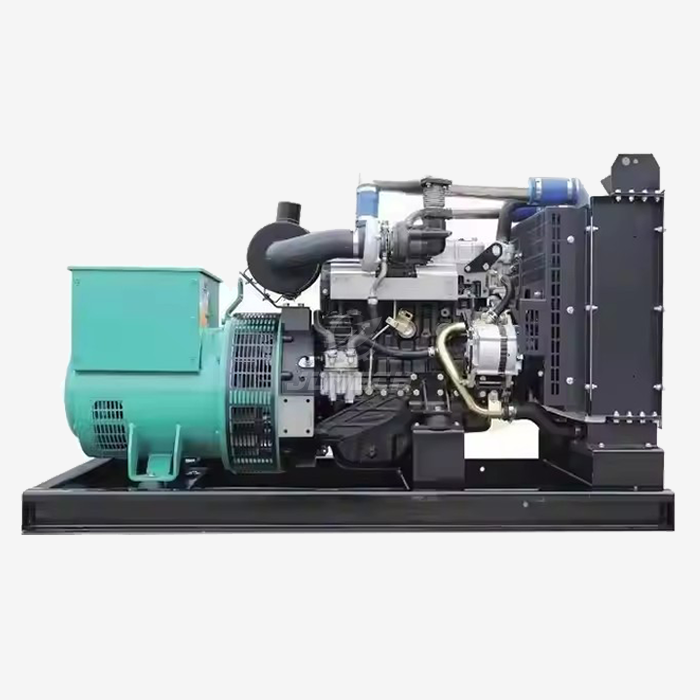 VIEW MOREkubota diesel generator 35kw
VIEW MOREkubota diesel generator 35kw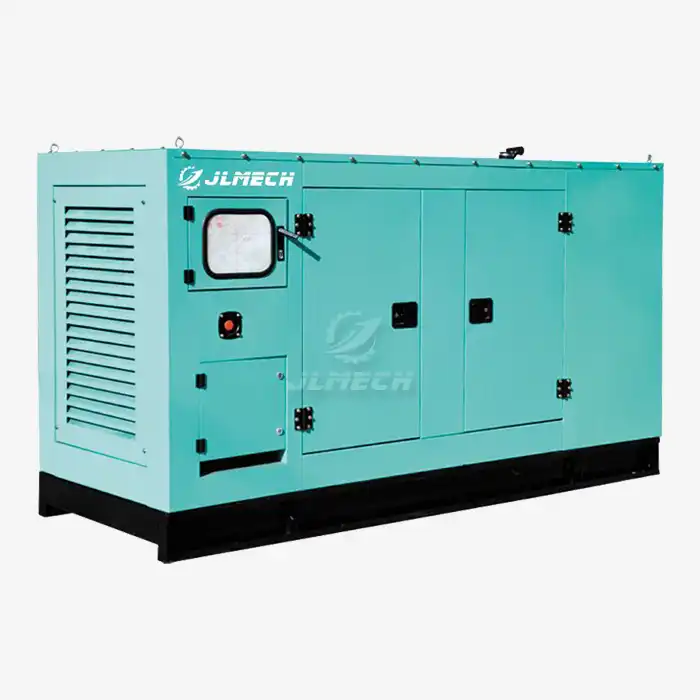 VIEW MORE35kva cummins diesel generator with silent enclosure
VIEW MORE35kva cummins diesel generator with silent enclosure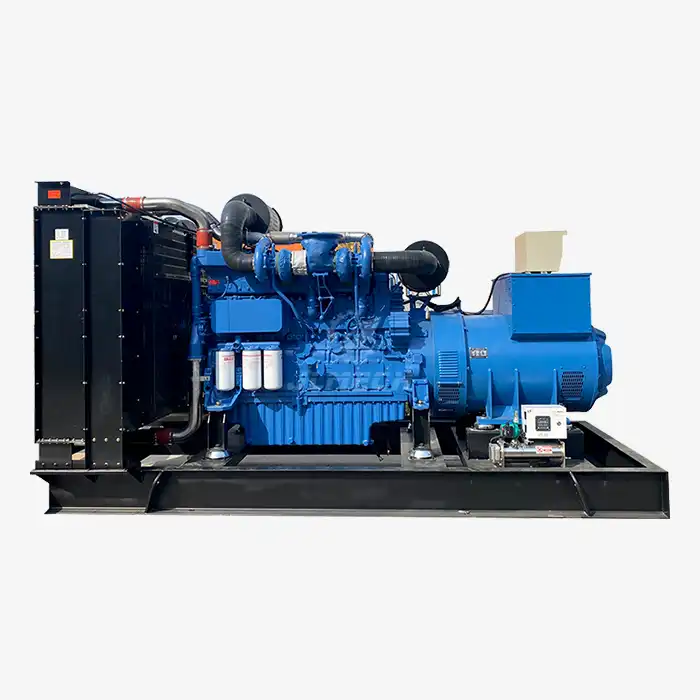 VIEW MORE220v diesel generator
VIEW MORE220v diesel generator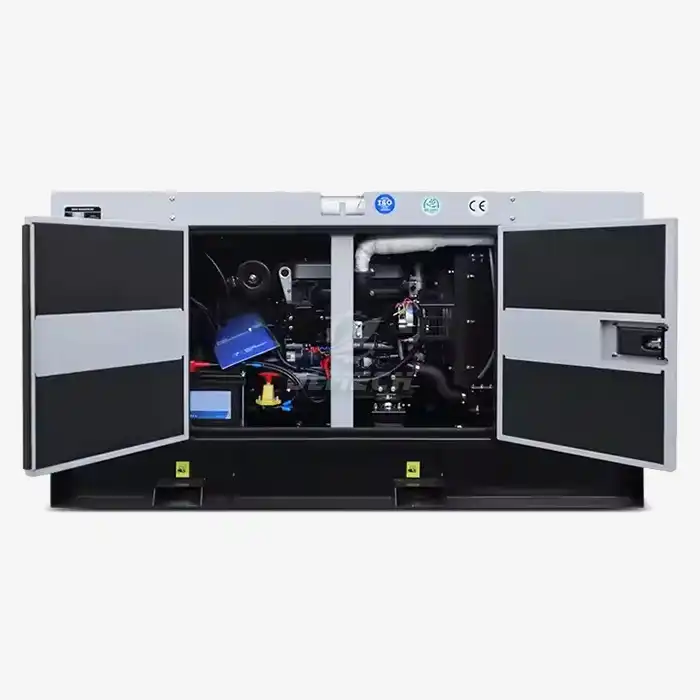 VIEW MORE25kva silent diesel generator
VIEW MORE25kva silent diesel generator



